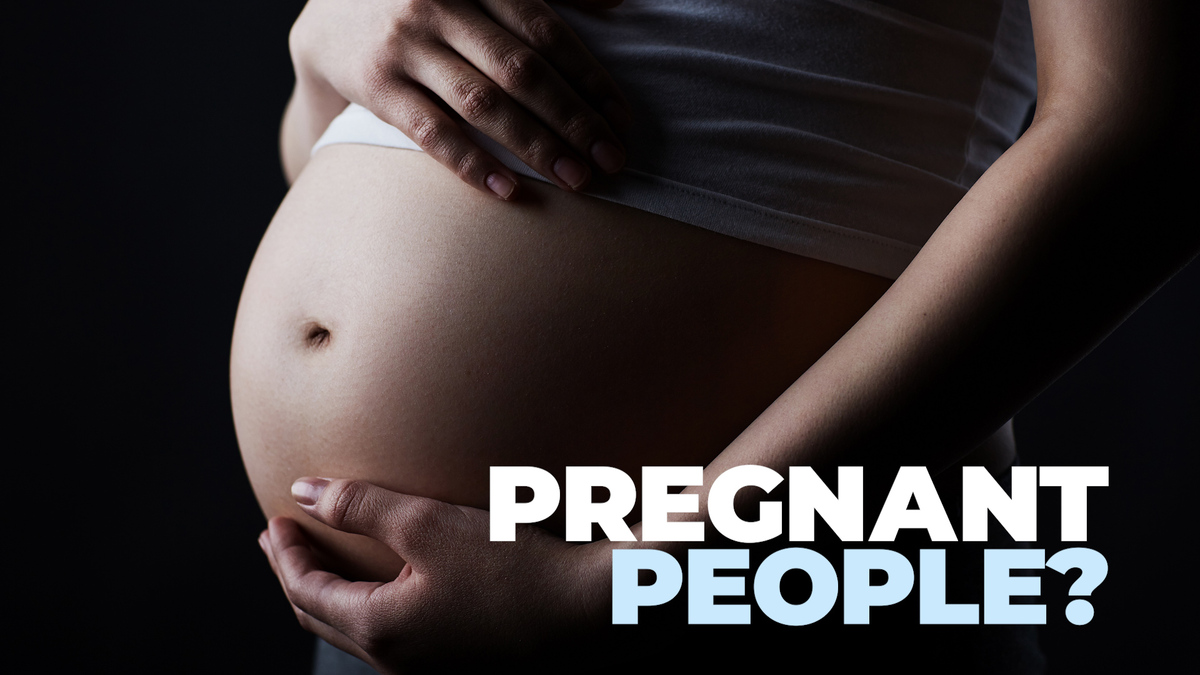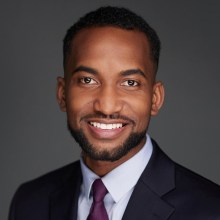
CA STATE SENATOR SYDNEY KAMLAGER: ”I just love the fact that Republicans are complaining about briefs rather than the fact that women and pregnant people will no longer be able to have rights.”
REP. PRAMILA JAYAPAL: “The rage I feel that women, and really men as well, families across the country, pregnant people across the country feel.”
JIMMIE: CERTAIN LAWMAKERS AND EVEN THE C-D-C ARE NOW PUSHING THE USE OF THE TERM “PREGNANT PEOPLE.”
CDC DIRECTOR ROCHELLE WALENSKY: “I’m excited to share new evidence on the protective power of the vaccination of pregnant people and their babies.”
JIMMIE: THE DEBATE OVER THE USE OF THE PHRASE REEMERGED AFTER A LEAKED SUPREME COURT DRAFT OPINION REVEALED JUSTICES PLANS TO OVERTURN ABORTION RIGHTS.
WHAT’S BEHIND THE TREND TO REPLACE THE WORDS “WOMEN” AND “MOTHERS’
FOR “PARENTS” AND “PEOPLE?” LET ME EXPLAIN.
ACCORDING TO A NEW STUDY, THIS LANGUAGE CHANGE IS TO BE MORE INCLUSIVE.
HOWEVER, MEDICAL RESEARCHERS ARGUE THE USE OF GENDER-NEUTRAL LANGUAGE CAN HAVE THE OPPOSITE EFFECT – AND LEAVE WOMEN FEELING ALIENATED.
EVEN SOME PROGRESSIVES ARE HAVING A TOUGH TIME RATIONALIZING THE CHANGE IN TERMINOLOGY.
ANA KASPARIAN: ”For me, it’s not even like I don’t want to be inclusive and I don’t want to think of transgender people. It’s the phrasing. It just makes you feel like a weird object. Like you’re just a vessel and nothing more. Like birthing people just sounds weird.”
JIMMIE: DOCTORS AT CONTEMPORARY OBGYN, A MONTHLY MEDICAL PUBLICATION, DISAGREE, SAYING THE LANGUAGE CHANGE IS NECESSARY.
DR. SARAH KILPATRICK: ”The first is to increase the belief in inclusion and decrease discrimination towards transgender people, specifically in the realm of pregnancy, transgender men.”> + <1:08 – ”The second purpose is to be able to create more education and to learn more about transgender men and pregnancy so ultimately we can take care of them better.”
JIMMIE: SOME CONSERVATIVES SAY THEY ARE NOT BUYING INTO THE IDEA.
SEN. JAMES LANKFORD: ”We don’t want to offend in our language. I get that but will you at least admit calling a mom a birthing person could be offensive to some moms.”
BECERRA: “Senator, I’ll go back and take a look at the terminology that was used and I can get back to you. Again, we’re trying to be precise in the language that’s being used.”
LANKFORD: “Mom’s a pretty good word. That’s worked for a while. I think that’s pretty precise as well.”
JIMMIE: HOW DO YOU FEEL ABOUT THE USE OF THE TERM “BIRTHING PEOPLE?”
LET ME KNOW IN THE COMMENTS BELOW!










